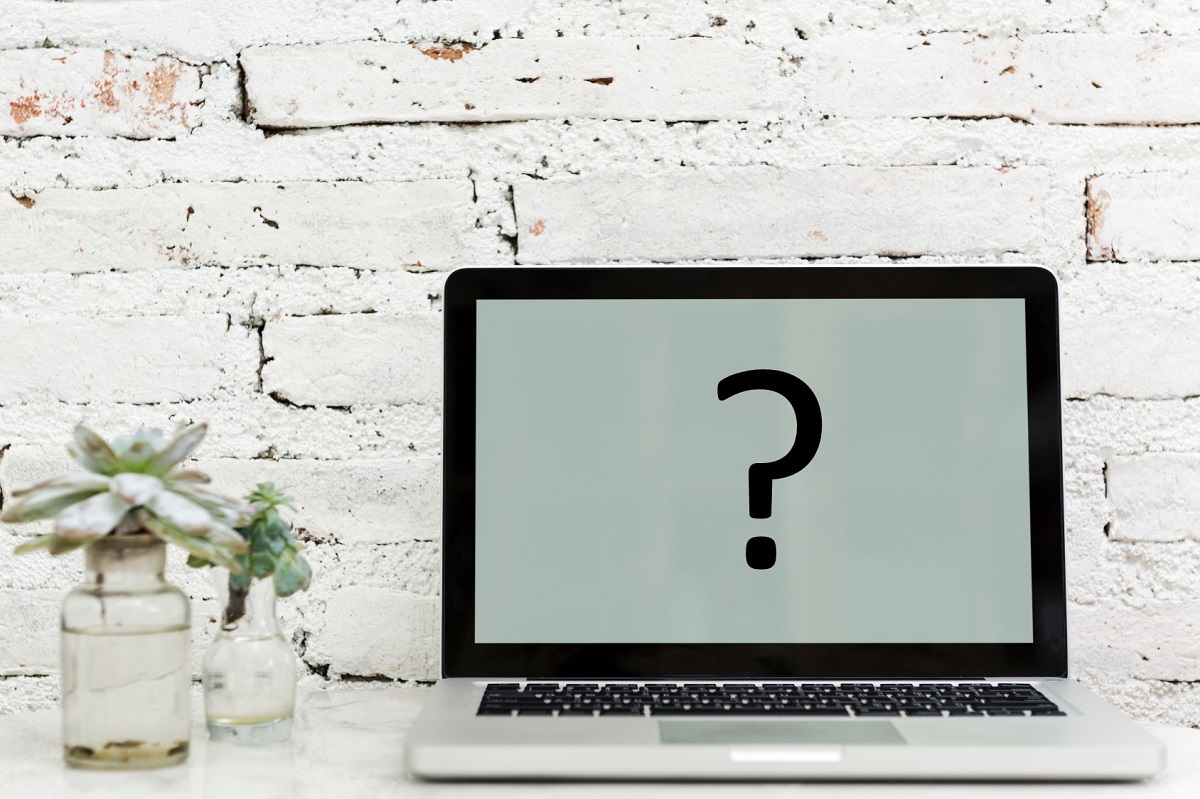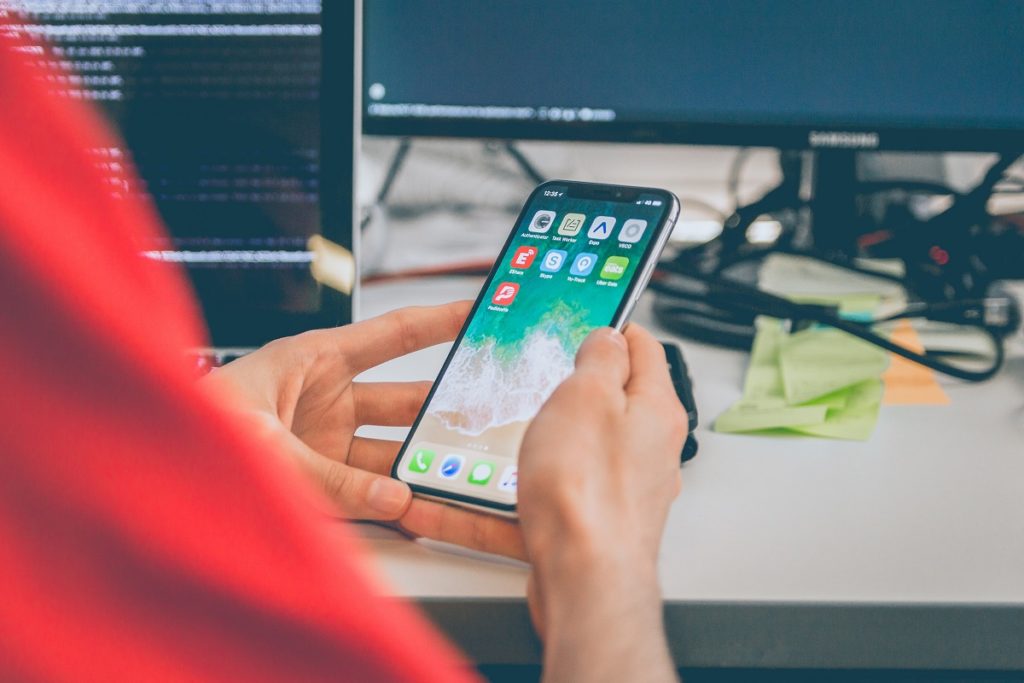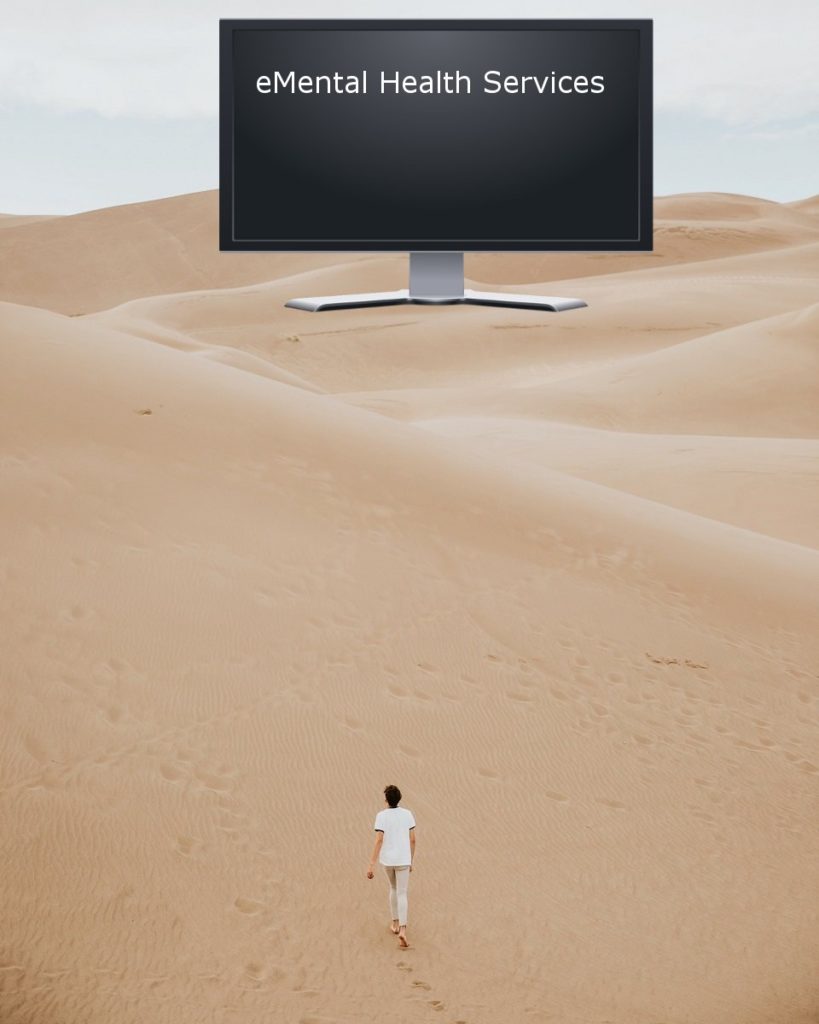
I am the eMental Health Project Officer.
Naturally that means I am quite partial to recommending eMental Health Services. If I wasn’t I’d be kinda crappy at my job.
First, if you don’t know what an eMental Health Service is, let me explain.
eMental Health Services are mental health services that are delivered via digital channels such as the telephone or internet, as compared to traditional mental health services that are delivered face-to-face via clinics, hospitals or outreach services.
For example, instead of seeing a psychologist face-to-face to receive therapy for anxiety, you might regularly log onto a web-based service (e.g. mentalhealthonline) and complete a similar program of therapy, but instead divided into a series of self-guided online modules.

There are basically 4 types of eMental Health Services:
Websites – where you can get information on a range of different mental health topics (e.g. reachout).
Apps and programs – structured programs designed to address specific mental health issues, or teach mental health related skills.
Forums – discussion forums where you can discuss mental health related topics with people in a similar situation.
Phone, chat and email services – services that connect you to mental health professionals but through the telephone, chat services (like Skype) or email.
There is now good evidence that programs delivered through digital means can be as effective as face-to-face services. The issue is less about whether the programs are effective, and more about identifying whether they are a good fit for you.
People who use eMental Health Services do so for a range of different reasons.
Some people already know that they have a mental health disorder (e.g. anxiety, depression), possibly because it was diagnosed by a GP or other medical professional. They might access eMental Health Services on the basis of advice given by one of those mental health professionals. When they search for online mental health services, they kinda know what they are looking for, and commonly combine the use of online services with more traditional face-to-face ones.
Some people know that they are struggling, but don’t necessarily know what is happening or have received a formal diagnosis. They may use eMental Health resources (particularly information websites like beyondblue), in addition to more traditional channels (e.g. their GP) to better understand what is happening to them. For example a number of sites have mental health questionnaires and assessments that people can use to determine if they have a mental health problem (mentalhealthonline and mindspot).
Other people first come into contact with eMental Health Services during a time of crisis. They might contact a helpline like Lifeline or beyondblue following a trauma or during a period of very high distress. Because these services are available 24/7, they are particularly good services to contact during a crisis.
Finally some people are not specifically looking for mental health supports, but find many of the articles and content that appears on mental health related sites to be useful. For example reachout has great content for young people on topics like sleep, coping, exam stress, leaving home, sexuality and more. Mindfulness apps like Smiling Mind, and Headpsace, help build better mental health, without focusing specifically on mental illness or disorders.

The advantages of eMental Health Services, that is, why you might use them
There are a number of advantages of eMental Health Services.
Accessibility: you can access most of them anytime, or anywhere (at least anywhere there is an internet connection). This makes them useful for those located in rural and remote areas, or simply in areas without many other health services. Also face-to-face services often have waiting times, which can be avoided with online services.
Anonymity: many digital services can be used without having to provide a lot of information about yourself. They allow you to stay a little more private, which is helpful for those who may feel uncomfortable about revealing their struggles because of work or family reasons.
They are a little less confronting. Seeing someone face-to-face and talking about your emotional problems can be confronting. Online options such as email, text or telephone chat are a little less confronting and give people a little more time to open up. This is good for anxious individuals who worry about social interactions, and need time to gather their thoughts.
Cost: whilst some online services have a cost (e.g. This Way Up programs), they are still typically a lot cheaper than accessing private mental health services (e.g. private psychology).
Effectiveness: assuming that you complete the full program, online programs of therapy are typically as effective as face-to-face therapy. This means you aren’t getting a ‘second-best’ option when using an online service.
Good adjunct to face-to-face care. Whilst for many people online services can be an alternative to face-to-face care, they also make excellent adjuncts (i.e. complementary) to face-to-face care. Clients can work through online programs, with the support of a face-to-face therapist.
The disadvantages of eMental Health Services or why you might not use them
eMental Health Services aren’t for everyone.
Some people simply prefer face-to-face interactions and the self-guided options a little cold or impersonal. It is worth noting however that many online services allow you to connect with a mental health professional (e.g. MindSpot) in addition to the self-guided components, so you can mimic some aspects of seeing someone.
Sometimes, individuals are very confused about their experience and what is happening to them. Sometimes seeking out websites or apps makes them more confused. Seeing a professional first-up can help in clarifying what the key problems are, and provides direction on what eMental Health Services would be most useful.
People who have severe mental illnesses or very complex situations (e.g. mental illness + unemployment + domestic violence) often find face-to-face supports more helpful initially. This is because their treatment needs to be more finely tailored to their situation. However online resources can still be an excellent adjunct to face-to-face care once the initial plan
Services that involve written communication (email, online chat) obviously don’t have the same body language and tone-of-voice cues that face-to-face services do. Some people prefer having these cues available to them. To some extent they can be mimicked through use of emoticons and more expressive writing, but it is not liked by everyone.
Using online and digital services requires a fair bit of self motivation. Particularly with the programs, you need you logon regularly and complete the exercises. Some find it hard to stay motivated with online programs and prefer a regular “kick in the pants” that comes from face-to-face services (note: therapists should not kick you in the pants).
Finally, some people feel a bit uneasy sharing information online, worried about where it is being stored and who can read it. Whilst high quality eMental Health sites have good privacy and confidentiality processes, its understandable that some people prefer the more familiar security of seeing someone face-to-face and having a medical file created.

So what do you reckon?
Do you think eMental Health websites might be useful for you?
With the plethora of available services, it can be very hard to identify which ones are best.
Thankfully, we’ve got a couple of good starting points for you.
Probably the best starting point is the quite recently launched Head To Health website. This government funded website was set up with the specific goal of directing people to the best online wellbeing resources.
You can also take a look at our digital resources for mental health pdf.

